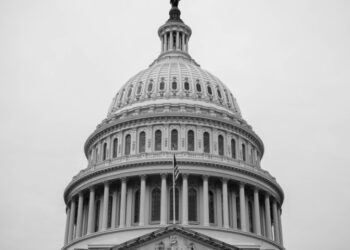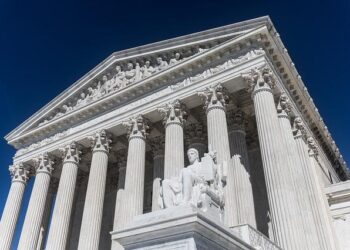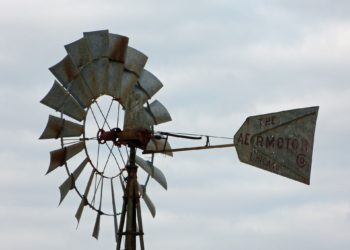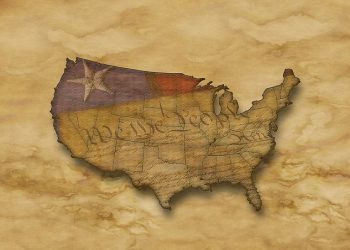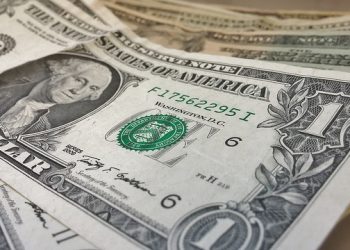Who Is Responsible For the Oil Spill In The Gulf Of Mexico?
 The Deepwater Horizon oilrig explosion has resulted in one of the largest oil spills in history and is expected to cause an environmental and an ecological disaster for many years to come on businesses and industries in the Gulf of Mexico and along the U.S. Gulf Coast. The rig’s blowout preventer did not automatically cut-off the oil flow, as it was intended when the explosion occurred, resulting in crude oil spewing from the underwater well and the death of 11 workers.
The Deepwater Horizon oilrig explosion has resulted in one of the largest oil spills in history and is expected to cause an environmental and an ecological disaster for many years to come on businesses and industries in the Gulf of Mexico and along the U.S. Gulf Coast. The rig’s blowout preventer did not automatically cut-off the oil flow, as it was intended when the explosion occurred, resulting in crude oil spewing from the underwater well and the death of 11 workers.
The U.S. Government has named British Petroleum (BP) as the responsible party in the Deepwater Horizon oilrig explosion and will hold the company accountable for all cleanup costs resulting from the oil spill. BP has accepted responsibility for the oil spill and the cleanup costs, but indicated that the accident was not their fault, as the rig was run by Transocean personnel and Halliburton was engaged in cementing operations prior to the explosion. Transocean is the offshore drilling contractor that owned and leased Deepwater Horizon to BP.
In 2000, British Petroleum claimed to be called “Beyond Petroleum,” in a rebranding campaign as an oil company that sees a future past dependence on fossil fuels. However, ten years later, BP is as committed to furthering its oil development through lobbying efforts. In 2009, BP filed a 52-page exploration and environmental impact plan for the Macondo well with the Minerals Management Service, a U.S. Interior Department that oversees offshore drilling. The impact plan stated that it would be “unlikely that an accidental surface or subsurface oil spill would occur from the proposed activities” and that “due to the distance to shore and the response capabilities that would be implemented, no significant adverse impacts are expected.” On April 6, 2009, The Minerals Management Service concluded that a massive oil spill was unlikely and BP was exempt from the National Environmental Policy Act (NEPA).
Eleven days later, the Deepwater Horizon rig exploded, causing an estimated 25,000 barrels of oil spewing into the Gulf of Mexico each day. Based on the estimate of 25,000 barrels per day, if the leak lasts for 90 days, it would have spilled 2.25 million barrels or 94.5 million gallons of oil into the Gulf of Mexico. Oil spills similar to that of the one at Deepwater Horizon have the potential to devastate nearby ecosystems for years to come.
Environmentalist fear the petroleum toxicity and oxygen depletion will result in an environmental disaster, and the Gulf of Mexico’s fishing industry, tourism industry, and habitats of hundreds of bird species will suffer. The toxic effects from the oil can interrupt the food chain, on which fish and sea creatures depend, and it can damage their ability to reproduce, and it could be years before commercial fishing is able to recover. Moreover, tourism faces a potential economic disaster if beaches are closed for months for cleanup; restaurants, tour operators and sports fishing – and the people who work for those businesses – will sustain heavy economic losses. Simply put, all those who directly or indirectly earn a living from the Gulf Mexico waters and coast will suffer tremendous economic damages that could quickly add up to billions of dollars.
Under the Oil Pollution Act of 1990, businesses or individuals who have lost profits or income due to an oil spill may submit a claim for lost profits or earning capacity from those deemed liable for such damages. Lawsuits are already being filed on behalf of Louisiana shrimpers, fishermen, and commercial boaters who claim the oil spill is hurting their livelihood; Cooper v. BP PLC was filed in the Eastern District of Louisiana. The lawsuit alleges that the defendants “knew of the dangers associated with deep water drilling and failed to take appropriate measures to prevent damage.” The defendants include BP, which holds the lease permitting drilling at the site of the accident, and Transocean Ltd., which owned and operated the Deepwater Horizon drilling rig. Further, the lawsuit also named Halliburton Energy Services Inc., and Cameron International Corporation. Halliburton Energy Services, Inc., performed drilling services that may have led to the blowout explosion. Cameron International Corporation manufactured the blowout preventer, which is the fail-safe device that apparently failed to function adequately or appropriately and led to the explosion. Media outlets have reported that Cameron has $500 million in liability insurance to cover claims against it. It is also expected that Transocean, Ltd., the owner of the Deepwater Horizon, will file a limitation of liability action, in order to limit its liability from all claims.
If you or anyone you know has suffered or will suffer economical damages as a result of this oil spill, you should consult with an attorney as soon as possible.
Sean S. Modjarrad*
* Sean S. Modjarrad is a shareholder at M&A law firm.


 نیازمندیها
نیازمندیها

